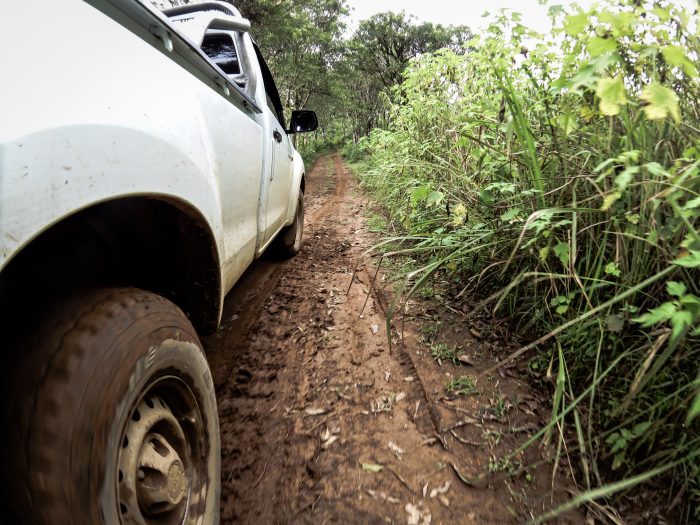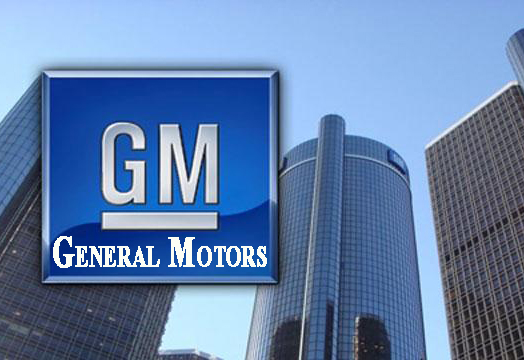Now Reading: Toyota, Subaru team up to develop electric SUV in a battle against prices
-
01
Toyota, Subaru team up to develop electric SUV in a battle against prices
Toyota, Subaru team up to develop electric SUV in a battle against prices

Toyota Motor and Subaru on Thursday stated they prepare to jointly develop a battery-electric sport-utility vehicle (SUV) on a platform produced together as they look forward to splitting the cost of producing the lower-emissions car.
The pair will apply Subaru’s all-wheel-drive technologies and Toyota’s vehicle electrification technologies to the new SUV, that each will sell under its own brands, the automakers stated.
The move to share technology underlines the conundrum facing Toyota and other international automakers, that are competing to develop new vehicle technologies including all-battery electric cars and self-driving cars, that need massive investment.
“Subaru and Toyota believe that it is important to pursue a business model that goes beyond convention, crossing over industrial boundaries,” the automakers stated.
Toyota is taking a look at partnerships with competing automakers and tech firms to decrease its capital outlay for developing these new technologies. In April, it declared it would supply other automakers with its hybrid technology, an area it has led since the time it pioneered the Prius in 1997.
While the Japanese automaker has led in technologies for hybrid and fuel cell vehicles, it has trailed behind competitors such as Nissan Motor, Volkswagen AG and Tesla Inc in bringing fully electric vehicles to showrooms.
As the smallest of Japan’s significant automakers, Subaru is having a hard time to independently invest in and develop lower-emission vehicles and on-demand transportation services broadly seen as important to survive technological upheaval in the international auto industry.
It is also having a hard time with a spate of recent production- and quality-related issues, the side effects of speedy growth to keep up with the rise for its Legacy sedans and Forester SUV crossovers in the United States, its biggest market.
Thursday’s announcement builds on a partnership consisting of Toyota and Subaru that goes back to 2005. Toyota is the largest shareholder in Subaru having a stake of 16.77%, according to Refinitiv data.
Stay Informed With the Latest & Most Important News
Previous Post
Next Post
Previous Post
Next Post
-
 01Polestar Boss Says It’s Time To Outrun BMW M And Mercedes-AMG
01Polestar Boss Says It’s Time To Outrun BMW M And Mercedes-AMG -
 02Spy Shots: 2027 Mitsubishi Pajero Spotted in Testing Ahead of Possible U.S. Return
02Spy Shots: 2027 Mitsubishi Pajero Spotted in Testing Ahead of Possible U.S. Return -
 03Spy Photos: VW ID. Polo GTI Goes Electric with 223 HP and 280 Miles of Range
03Spy Photos: VW ID. Polo GTI Goes Electric with 223 HP and 280 Miles of Range -
 04The Controversial Ford Voodoo V8 That Was Killed Off Too Early
04The Controversial Ford Voodoo V8 That Was Killed Off Too Early -
 052026 Toyota Hilux EV: A Powerful Truck with Silent Torque
052026 Toyota Hilux EV: A Powerful Truck with Silent Torque -
![2027 Mercedes-Benz S-Class Debuts with V8 Engine [Photo Gallery]](https://speedlux.com/wp-content/uploads/2026/01/2027-Mercedes-Benz-S-Class-33-155x125.jpg) 062027 Mercedes-Benz S-Class Debuts with V8 Engine [Photo Gallery]
062027 Mercedes-Benz S-Class Debuts with V8 Engine [Photo Gallery] -
 07Hyundai Palisade’s Breakout Year Shows How Quickly the Market Can Turn
07Hyundai Palisade’s Breakout Year Shows How Quickly the Market Can Turn


![2027 Mercedes-Benz S-Class Debuts with V8 Engine [Photo Gallery]](https://speedlux.com/wp-content/uploads/2026/01/2027-Mercedes-Benz-S-Class-33-700x394.jpg)










































